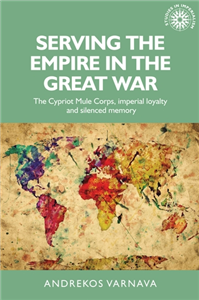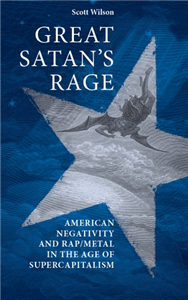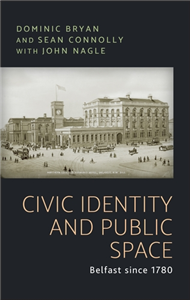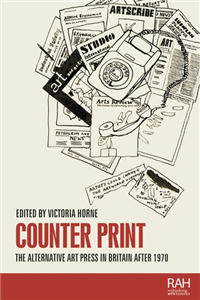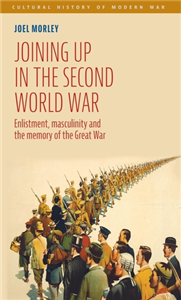Humanities & Social Sciences
March 2008
American negativity and rap/metal in the age of supercapitalism
This book looks at how rap and metal, the two most pervasive popular music forms of the 1990s, have been highly engaged with America's role in the world, supercapitalism and their own role within it. This has especially been the case when genres - hitherto clearly identified as indelibly 'black' or 'white' forms of music - have crossed over as an effect of cross-racial forms of identification and desire, marketing strategy, political engagement, opportunism and experimentation. It is how examples of these forms have negotiated, contested, raged against, survived, exploited, simulated and performed 'Satan's rage' that is the subject of this book. The book offers a highly original approach in relating rap/metal to critical theories of economy and culture, introducing a new method of cultural analysis based on theories of negativity and expenditure that will be of great interest to students in media and cultural studies, American studies, critical and cultural theory, advertising and marketing, and sociology and politics. ;









